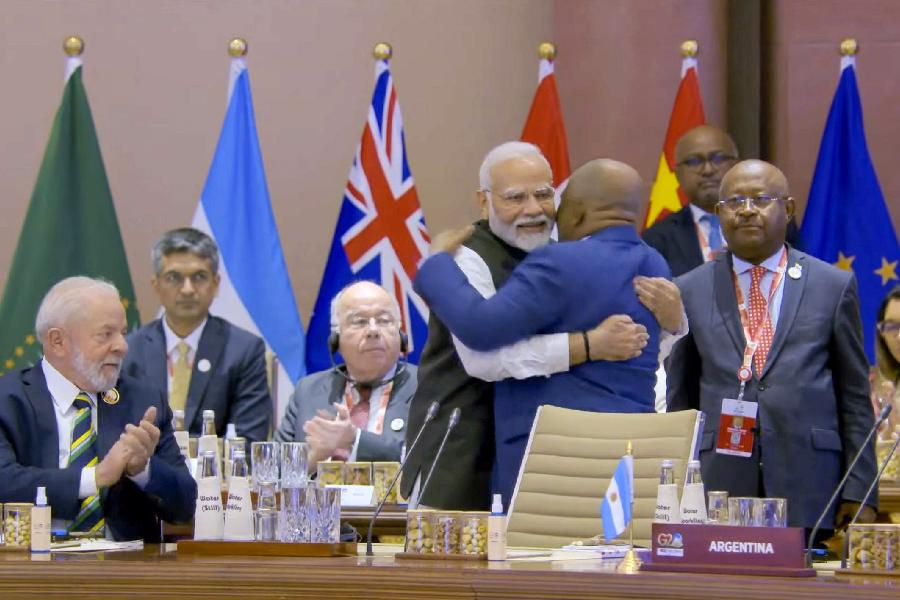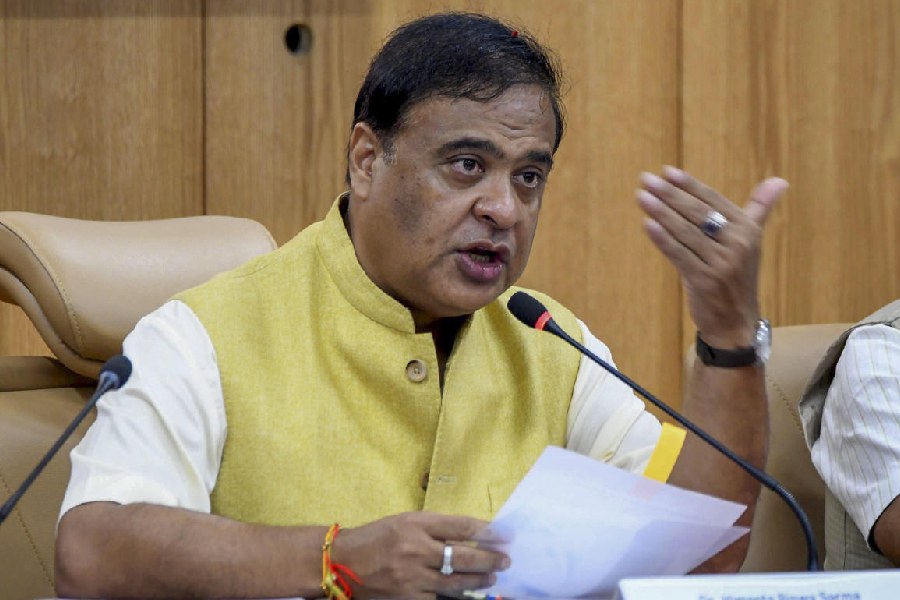In April 1955, the leaders of 29 countries — many of them newly independent, some still colonies on the cusp of achieving freedom — gathered in Bandung, Indonesia, for what would become a seminal moment in the construction of a non-aligned identity amid the Cold War. Led by India and Indonesia, the participants — all of them from nations in Asia or Africa — debated the pitfalls of jumping into either the Western camp or the Soviet-led bloc and dreamt of a world where they, the developing nations, could forge a solidarity of their own. For India, under the then prime minister, Jawaharlal Nehru, the Bandung Conference was also reflective of a commitment to Africa. Seventy years later, that commitment remains an integral part of India’s foreign policy vision. In 2018, Prime Minister Narendra Modi had said that India’s priority was not just Africa, but Africans. Yet it is also impossible to ignore the reality that the India-Africa relationship has fallen short of the promise it held in the hope-filled years of the 1950s.
This is not to suggest that the successes have been scarce. India’s bilateral trade with Africa has grown steadily, and it is now the third-largest trading partner of the continent after China and the European Union. New Delhi today has diplomatic outposts in almost all African countries. India has also doled out tens of millions of dollars in soft loans to African nations, helped build schools and hospitals, and in 2023, used its presidency of the G20 to secure a seat for the African Union on the body. Still, despite India’s deep cultural and historic ties with the continent, the relationship is clearly not a priority for either side. In his 11 years in office, Mr Modi has visited nine African countries. By contrast, he has visited the United States of America alone 10 times. The India-Africa Forum Summit, a conclave started in 2008 by the Manmohan Singh government with the aim of demonstrating India’s commitment to the continent through aid promises, has not been held in a decade. Indian officials cite scheduling challenges as the reason but China, the US, Turkey, Japan, Russia and the EU have all held summits with African leaders in this period. As the US withdraws even more from Africa under President Donald Trump, the scramble for influence in Africa will grow. China, to cite one example, is already attempting to expand its influence in Africa and is in search of securing vital resources from that continent. India, therefore, must pivot sharply to focus more than it has on the continent. It is time for India to renew the Bandung spirit for the 21st century.










